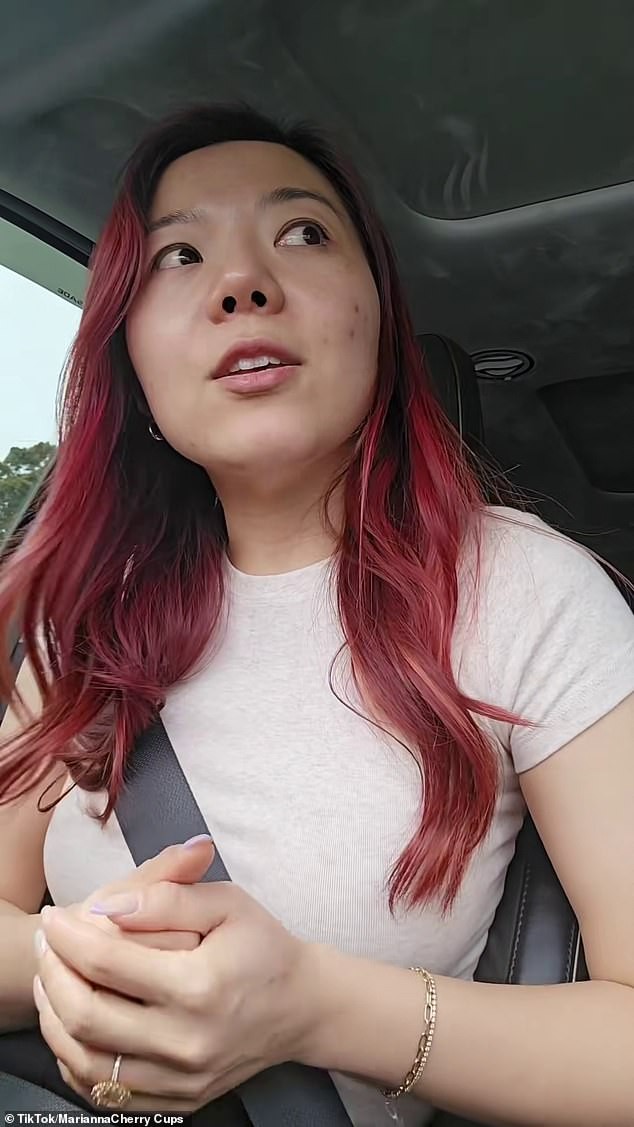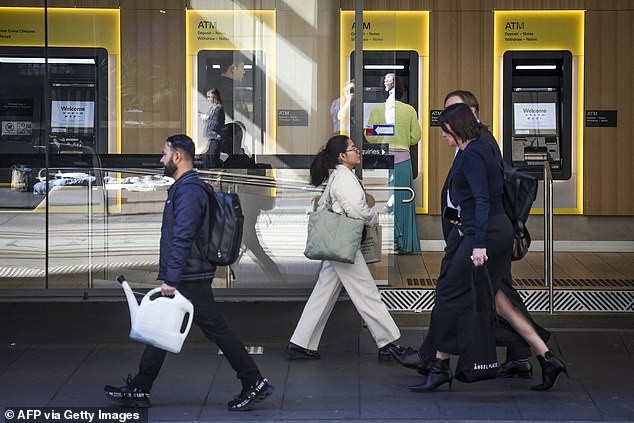I want to withdraw my own money: Commonwealth Bank blocks a $20,000 cash withdrawal over invoices and quotes, sparking a clash over access to funds
Marianna, a business owner who runs a nipple-cover company, went to her Commonwealth Bank branch to withdraw $20,000 for home renovations. She left the branch on Tuesday “bloody furious” after being blocked from taking out the money. She had already withdrawn $8,500 the previous week for building works, and on this visit was told that large cash withdrawals require an advance cash order. The teller asked for invoices or quotes. Marianna said, “No, I don’t have invoices because I haven’t paid them, but I have quotes.” The teller replied, “Okay, make sure you bring your quotes.” She asked what would happen if she couldn’t provide quotes. The teller explained that without quotes or proof of purpose, the cash order could not be placed. Marianna added, “Hang on a minute, what if I just wanted to withdraw $10,000 to go to the casino tomorrow night, and just have a great night, go to a fine dining restaurant, buy myself Louis Vuitton and a Chanel bag, and spend all my money, gamble it away?” A colleague then interjected that, “We wouldn’t be able to give you $10,000 if you were going to the casino.” The teller explained there were a lot of scams, and the bank had to “protect her” from being reckless. “I can flush it down the toilet if I like,” Marianna quipped, underscoring her frustration.

In This Article:
The cash-order rule: why the bank asked for invoices and quotes
The bank’s explanation is that when a customer requests a large cash withdrawal, tellers may ask a few quick questions — to make sure it’s really you, you’re not being targeted by a scam, and in line with legal requirements. A Commonwealth Bank spokeswoman said, “When a customer requests a large cash withdrawal, our tellers may ask a few quick questions – to make sure it’s really you, you’re not being targeted by a scam, and in line with legal requirements.” Marianna says it’s “my money” and questions why there must be proof of purpose to access it. The bank says the checks should be discreet and respectful, but the experience felt intrusive to her.

A test of discretion: ‘What if I wanted to withdraw $10,000 to gamble?’
The exchange highlighted a broader tension between access to cash and safeguards against fraud. The teller’s reply to the casino question underscored the caution: there were “a lot of scams,” and banks must protect customers from reckless decisions. The daily practical limit also loomed: Marianna was told she could withdraw no more than $4,000 a day when you combine ATM and teller withdrawals. From her perspective, banks are sometimes accused of treating customers as potential criminals and “holding money hostage,” rather than simply handling trusted accounts.

Public backlash & shared stories: Australians react
The story sparked a chorus of social-media reaction, with many agreeing that customers should be able to access their money when they need it. One commenter wrote, “Your money, this angers me; it’s yours, not theirs.” Others shared experiences of similar friction: a parent trying to withdraw cash for a car purchase for his son, an 88-year-old grandfather who lives on weekly cash withdrawals, and more cases where customers felt unfairly constrained. Some defended the teller’s prudence, while others argued that banks’ checks can harm legitimate access and fuel frustration.

Bank says safety first: protecting customers amid scam risk
A Commonwealth Bank spokeswoman said part of the bank’s role is to help customers access their money safely and in line with regulations. When a customer requests a large cash withdrawal, our tellers may ask a few quick questions – to make sure it’s really you, you’re not being targeted by a scam, and in line with legal requirements. Our goal is always to do this discreetly and respectfully. With scam losses still significant in Australia, these short checks can be critical. We’re sorry for any frustration this may cause. We want to make it easy for you to access your money.


